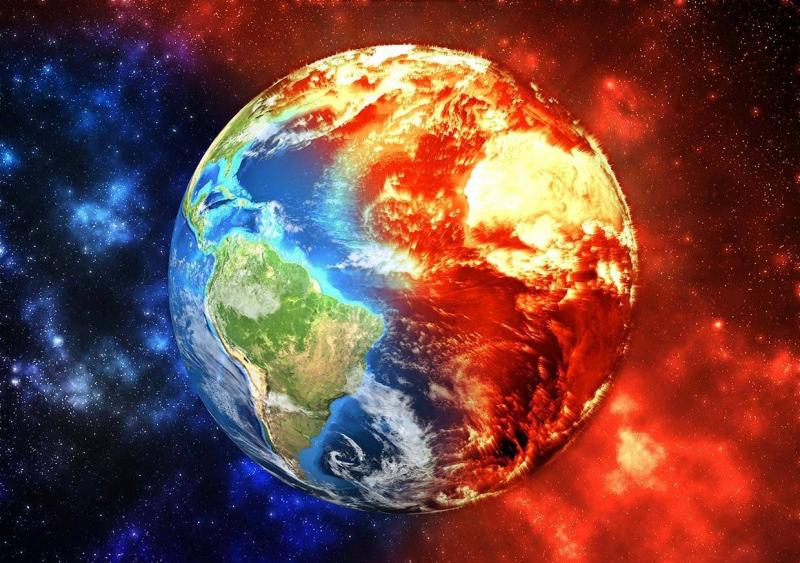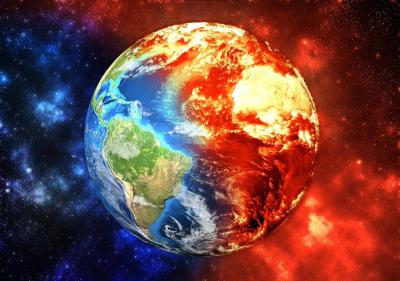On Friday, November 17, our planet briefly surpassed the main warming threshold for the first time since the beginning of instrumental records, which climate scientists have warned about the dire consequences. Preliminary data showed that the "average global temperature exceeded two degrees Celsius (3.6 degrees Fahrenheit) above the historical average from a time before humans began consuming fossil fuels and emitting the greenhouse gases that lead to global warming." This does not mean that efforts to mitigate global warming have failed so far, as temperatures must remain above the two-degree threshold for several months and years before scientists consider it a breach of the primary threshold.
ERA5 data from @CopernicusECMWF indicates that November 17 was the first day that the global temperature exceeded 2°C above pre-industrial levels, reaching 2.07°C above the 1850-1900 average, and the provisional ERA5 value for November 18 is 2.06°C. However, scientists noted that "the temporary breach recorded on Friday serves as a stark reminder that the climate is moving into unknown territory."
It was on Friday that daily fluctuations around global temperature standards, which have steadily been increasing for decades, pushed the planet beyond the danger threshold. This occurred after months of record warmth that astonished many scientists, challenging some predictions regarding the pace of temperature increases this year.
Samantha Burgess, Deputy Director of the Copernicus Climate Change Service, stated that "global temperatures on Friday were 1.17 degrees Celsius (2.1 degrees Fahrenheit) above the average for the period 1991-2020, which is a record margin." She added, "Given the extent of human-induced warming during that period, this means that the average global temperature on Friday was 2.06 degrees Celsius (3.7 degrees Fahrenheit) higher than the reference period for pre-industrial times, 1850-1900."




